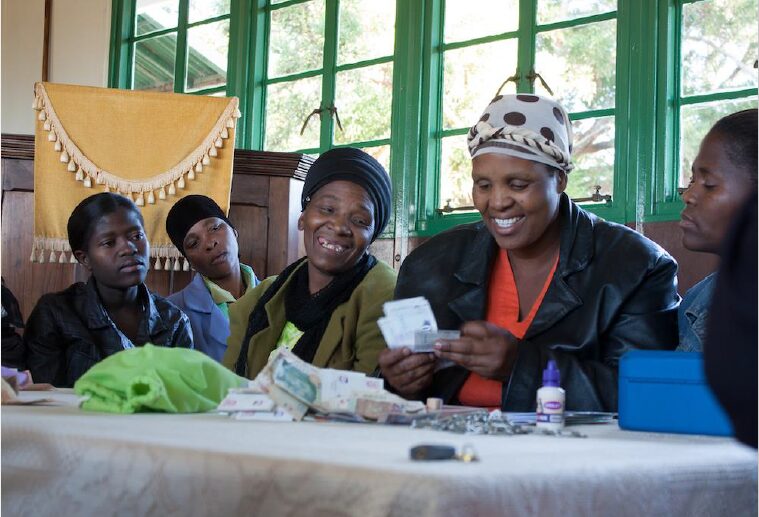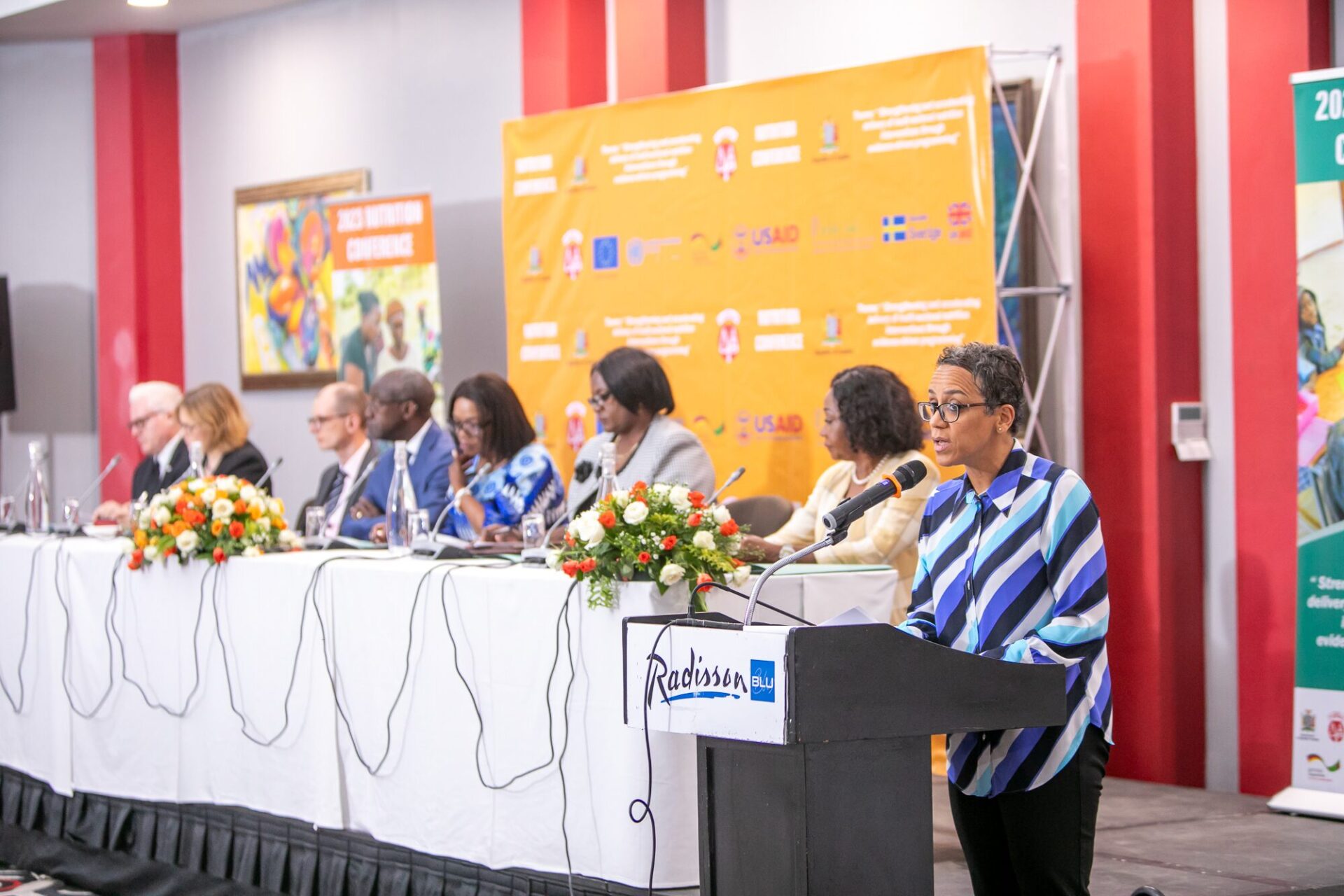The onset of Covid-19 has turned the world on its head. In the wake of its most severe impacts, Monitoring and Evaluation (M&E) will need to adapt to a world different to the one we knew. In a survey to staff, Khulisa speculated on what this world might look like. We captured the key themes in our two-part blog series.
What matters most for M&E practitioners is how the fallout of Covid-19 will alter the way in which data is collected.
In fact, all academic endeavours and sciences relying on fieldwork, might change dramatically.
Remote data collection, which does not involve direct observation or verification will be done telephonically or virtually. Most Khulisa staff members surveyed believed that these changes will not only be relevant during the height of the pandemic but will cement innovative methods and practices to reduce face-to-face fieldwork in the future.
It does bring about its immediate challenges. For example, the decrease in face-to-face interviews and no contact with teachers or learners when collecting data in the educational sector, has forced researchers to think about new technology and applications, such as Interactive Voice Responses (IVR) among others.
It will be up to the evaluators to find creative ways to build relationships with respondents using virtual methods.
There are several innovative ways of carrying out observations, for example. These include, amongst others, virtual site visits using google map satellite functions, drone footage, or using GoPro. When observation of a particular action or practice is necessary (for example a teacher in a classroom setting), we may ask them to share photos and videos of their activities.
However, some colleagues in our survey believed that the changes to data collection in a time of Covid-19 will not be permanent, saying that although a shift to remote fieldwork is almost inevitable, face-to-face, in-person interviews will remain the most effective way of collecting data. During such engagements there is no digital barrier and people can remain focussed. Although telephonic, online or USSD surveys may become standard, traditional site visits will still be an important weapon in the M&E practitioner’s armoury.
Collecting data online or virtually in remote regions of Africa will remain a challenge in the foreseeable future, and in these cases physical data collection will still be the first or only option.
Strict hygiene protocols, smaller teams, longer assignments
As the wearing of masks, washing of hands, social distancing and other health, hygiene and safety measures become a matter of life or death in everyday life, so does it for scientists and researchers in the field.
Protocols will need to be established for better screening and control, and fieldworkers will have to abide strictly to these new rules and policies. The safety of data collectors, and participants, are non-negotiable and therefore fieldwork will have to be extended to prevent researchers from becoming tired and not following safety measures.
Only small field teams will be hired and considered, and they will have to be given all the correct PPE before they can interact with respondents. Fieldwork normally demands a lot of travel to communities and cities in different countries.
While Covid-19 continues ravaging the world, travel to most of these destinations will be restricted. Regions and cities will have to be declared virus-free before workers will be allowed back to continue their wok.
Turning public health & education on its head
The virus has severely disrupted the education and health sectors. Most families have turned to online courses and e-learning to home-school their kids while in lockdown. As a result, there will be a greater need to evaluate e-learning and blended learning, and more demand to determine how effective those programmes have been based on the learning outcomes.
It will also prompt the development of better monitoring systems for projects in schools (and at national, provincial and district offices), so that evaluations can rely on quality monitoring data for reporting. This could then be triangulated with interviews and maybe only specific site visits to certain schools based on what the monitoring data is doing.
Furthermore, public health will be in the spotlight for years to come. The Covid-19 pandemic asked serious questions about public health and the importance thereof around the world. There is no doubt that more evaluations in public health will be required.
It also means a total redesign of performance measurement metrics which will consider pandemics of a similar nature. Evaluation in public health will involve protocols for pandemics that have global impact. The Covid-19 question will be included into measuring instruments for health and other evaluations.
Most Covid-19 data has been presented visually which makes it easier to consume and understand. This implies that data communication (not only visualization) may also come into greater focus in the health sector.
Ready and responsive – risk mitigation scrutinised
The onset of Covid-19 was unforeseen, its spread was rapid, and its consequences devastating. The hard lesson for many organisations is to be prepared for the worst, and to have mitigation plans in place modelled on worst-case scenarios.
The importance of risk management and scenario planning cannot be overemphasised. The world was not ready for Covid-19. When it was declared a pandemic, most businesses had no plan B or C, or any form of contingency plan.
The virus is proof of how quickly life can change. It is often those events that we dismiss as the least likely to happen, that strikes us down, which then prompts us to proclaim: “But how could this have happened?”
Every global citizen, government and organisation around the world needs to be ready, responsive and prepared, and react much quicker next time a natural event threatens human health and the wellbeing of the global economy. As evaluators, we are observing and learning as it unfolds.
Download our staff response data, captured in this SlideShare presentation.


